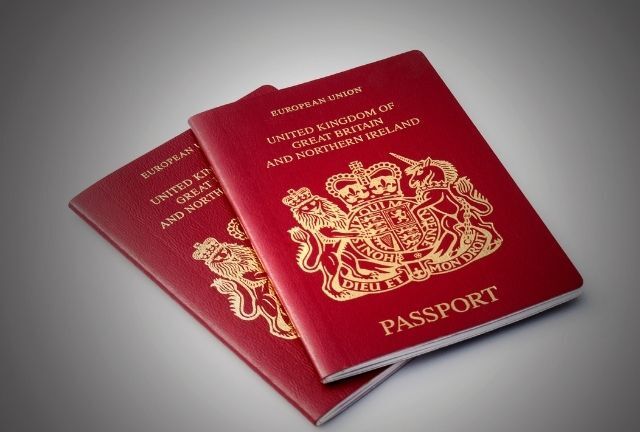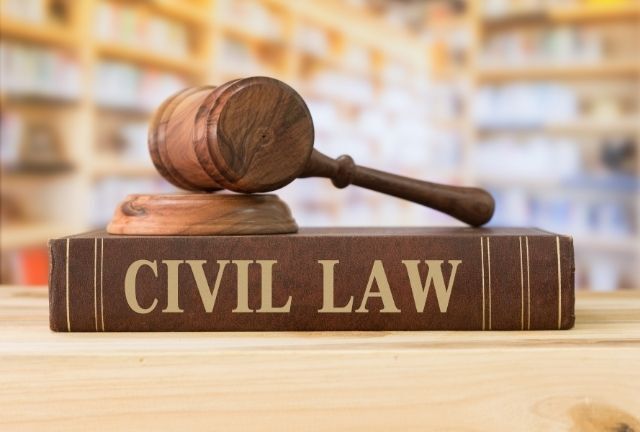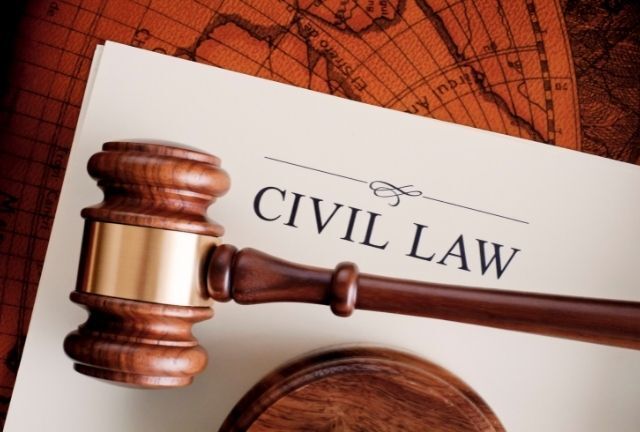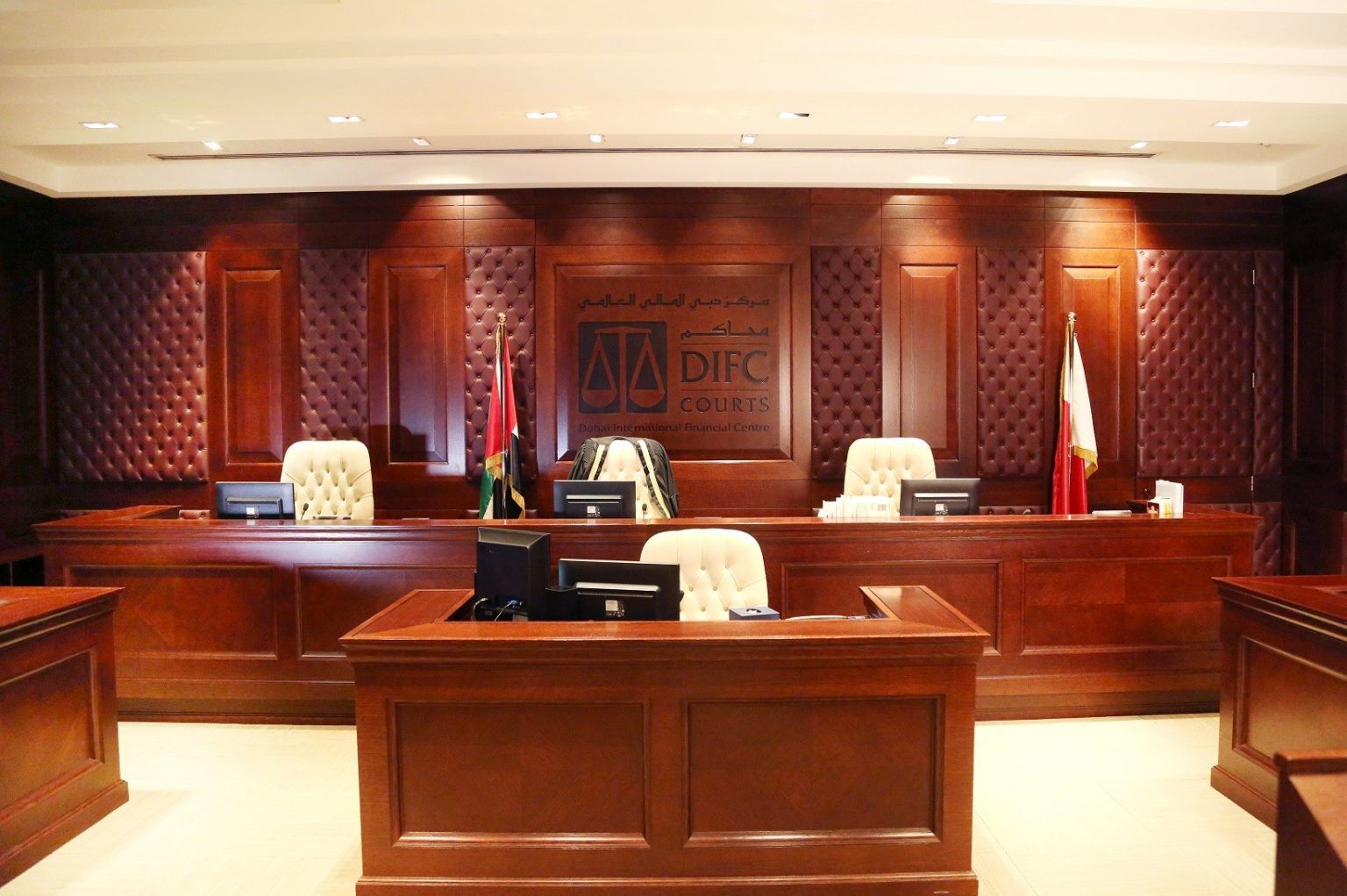Verbal Statements Before Court-Appointed Expert May Waive An Arbitration Clause
Introduction
It is an established legal principle of the UAE mainland courts that making a submission, or an argument
related to merits of the case before challenging the court’s jurisdiction based on arbitration clause will
be considered as a waiver of this clause and acceptance of the jurisdiction of the court. This principle is
founded on Article (8) of Federal Law No.6 for year 2018 regarding Arbitration and Article (86) of Decree
by Law No 42 for year 2022 regarding Civil Procedures. Recently, Dubai Courts have issued a judgment
which appears to reinforce and broaden the application of this principle.
The Case before the CFI and the CA:
A Claimant filed a lawsuit before Dubai Courts (Case No. 87/2023) to claim AED 3,600,000 arising from
an investment agreement with the Defendant, a retail shop owner, who agreed to maintain financial
accounts and provide access to the Claimant to these accounts and profits when due. The Claimant
submitted that the Defendant failed to honour his obligations and closed the business. The Defendant
attended the first time in the lawsuit during a hearing with the court-appointed expert where he
answered few questions of the expert, and following the end of the hearing, submitted his defence,
whereby he relied on the arbitration clause to challenge the jurisdiction of the court, to the expert.
Following the submission of the expert’s report, the Court of First Instance (“CFI”) dismissed the
Defendant’s jurisdiction challenge, decided to cancel the investment agreement and ordered the
Defendant to refund the investment amount to the Claimant.
The Court of Appeal (“CA”) overturned the judgment of the CFI and dismissed the lawsuit for lack of
jurisdiction due to the presence of an arbitration clause.
The Judgment of the COC
The Court of Cassation ("COC") accepted the Claimant’s argument that the Defendant waived his right to
rely on the arbitration clause.
The COC stated that a party maybe considered to have waived an arbitration clause directly or implicitly
by not bringing it up after discussing the merits. It added that, in the instant case, the Defendant who
participated in a meeting with the court-appointed expert and verbally responded to the expert's
questions regarding his liability for the debt claimed by the Claimant, as recorded in the minutes of
meeting before the expert, is considered to have relinquished his right to invoke the arbitration clause.
The COC did not accept the defendant's argument that it had made a written submission to the expert,
invoking the arbitration clause before any other substantive arguments, because this submission
occurred after the defendant had commented verbally on the merits of the case in the said meeting.
Conclusion
The instant case asserts that Dubai Courts apply strictly the relevant provision of the law regarding the
waiver of arbitration clause to include verbal and written arguments not only before the court but also
before the court-appointed expert. While the judgment does not come as a surprise to us, however, it
appears to broaden the legal principle stated above to include even verbal argument before the expert
which is not the right forum to determine legal submissions of the parties because the court-appointed
experts are tasked only with determining certain technical aspects of the dispute.
Therefore, next time when you have a case before the court, remember the Arabic saying: “if speech is
silver then silence is gold.”
“Contents of this article are for general informational purposes only. It is not intended as professional
advice and should not be used as such.”
If you would like more information about this update, please feel free to contact Head of Commercial
Disputes and Investigations Samer Abou Said.











